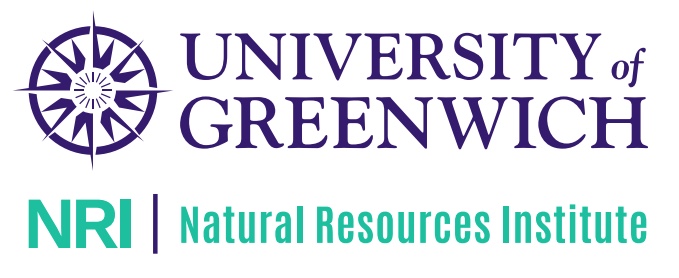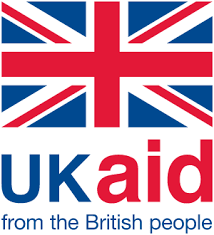Communities need legal support to protect legitimate tenure rights, participate effectively in negotiation with companies, and achieve redress for harm done. Due to power imbalances, communities need capacity-building support to level the playing field in negotiations with companies.
Key facts: Land & InvestmentsBrowse all
Legal empowerment practitioners – from lawyers to NGOs grassroots groups – have pioneered a wide range of approaches to help rural people to advance their rights.
Several responsible land investment pilot projects contracted independent legal expertise to raise community legal awareness, advocate for redress for harm done, draw up new lease agreements reflecting community interests, and build capacity to assist in managing negotiations.
Project experience bears out wider analysis by LEGEND, that community legal support needs to be: i. politically savvy, and linked to engagement at national and even international levels to address vested interests; ii. not confined to legal issues, but linked to help with land rights mapping, in negotiations, and developing community organisation; and iii. Genuinely independent, to ensure community trust, and avoid conflicts of interests when companies offer legal support.
In exactly these ways, Namati played a key role in Sierra Leone assisting communities in pilot projects and many other cases. See https://namati.org/news-stories/ for more information on their work.
In Mozambique, with support from LEGEND ORAM and Terra Firma took a training initiative to build capacity of community land associations to negotiate with Portucel, CCSI and Namati:
- See Terra Firma’s summary account of the training conducted
- A specialist Portuguese language legal empowerment training manual was developed for the project and for use in similar contexts elsewhere, assisted by CCSI and Namati
- CCSI also developed a briefing on issues involved in eucalyptus plantations for use as part of the training conducted, to assist local communities in making informed decisions
A key lesson of practical experience is that new financing and institutional arrangements are needed to ensure that community empowerment and legal support is independent of the investor and accountable to the community. CCSI have investigated options for independent ‘black box’ or ‘blind’ funding mechanisms to which the private sector, donors, governments and others could contribute to enable support at greater scale. This is proposed for Sierra Leone, with Namati and the UN Commission for Human Rights.
Disclaimer: The data displayed on the Land Portal is provided by third parties indicated as the data source or as the data provider. The Land Portal team is constantly working to ensure the highest possible standard of data quality and accuracy, yet the data is by its nature approximate and will contain some inaccuracies. The data may contain errors introduced by the data provider(s) and/or by the Land Portal team. In addition, this page allows you to compare data from different sources, but not all indicators are necessarily statistically comparable. The Land Portal Foundation (A) expressly disclaims the accuracy, adequacy, or completeness of any data and (B) shall not be liable for any errors, omissions or other defects in, delays or interruptions in such data, or for any actions taken in reliance thereon. Neither the Land Portal Foundation nor any of its data providers will be liable for any damages relating to your use of the data provided herein.



